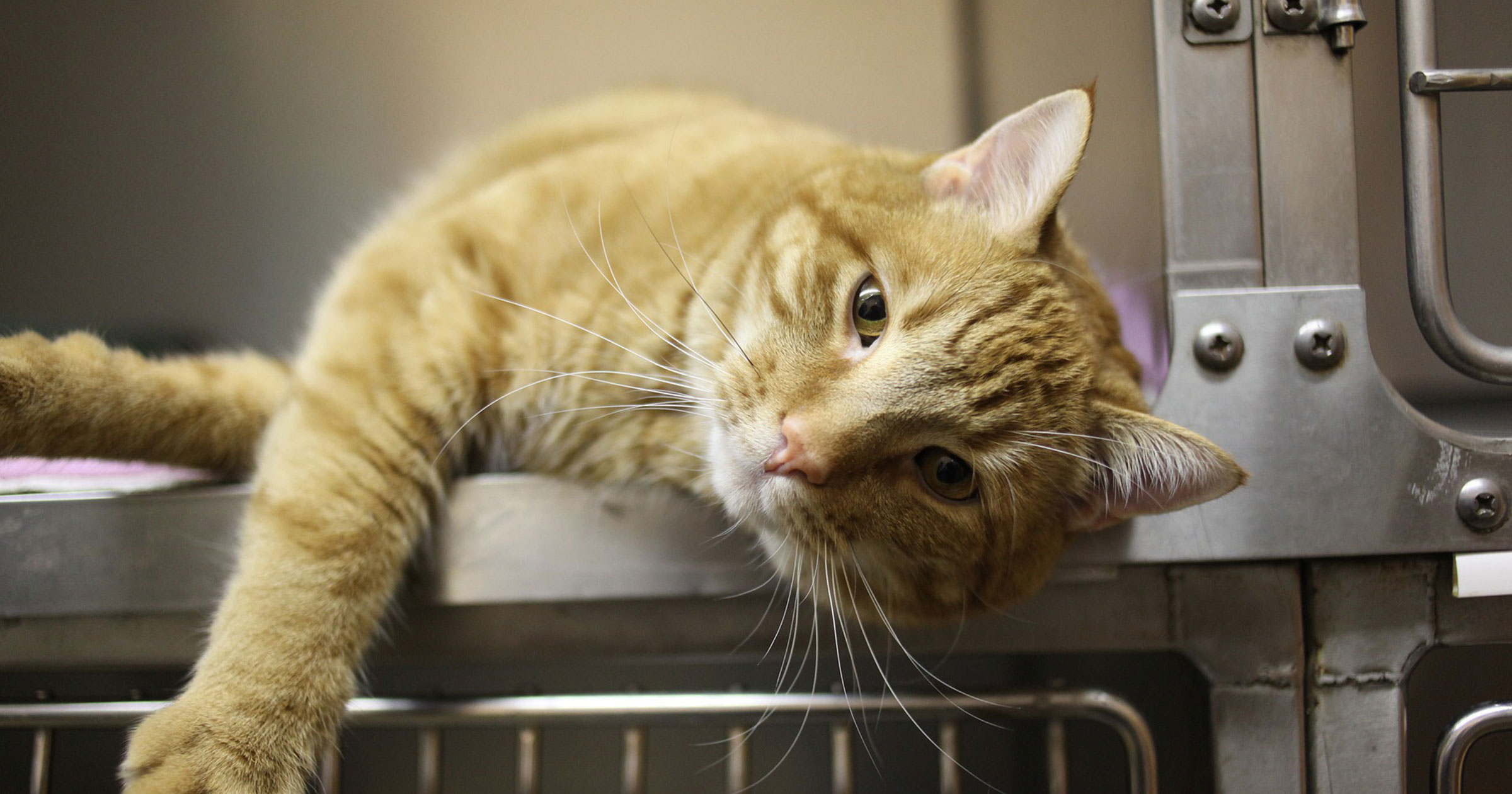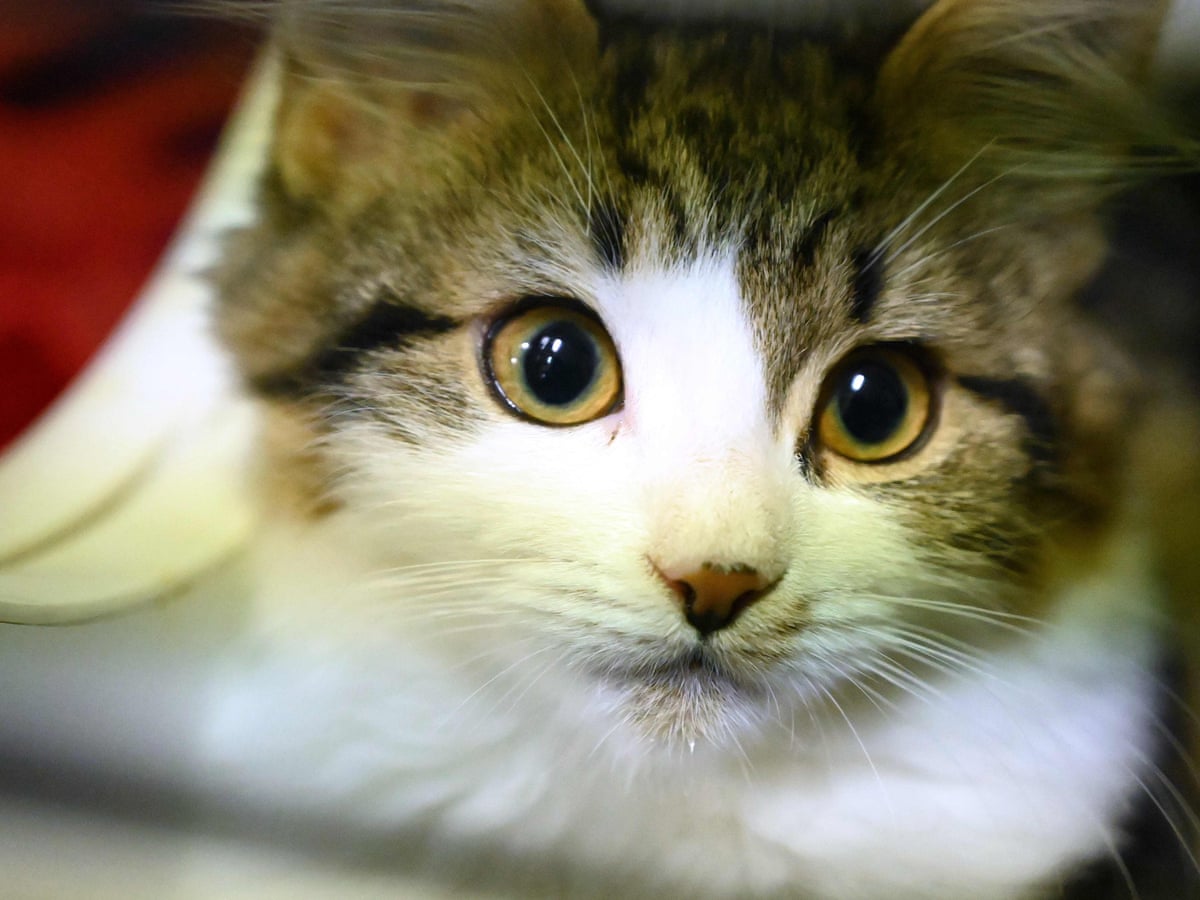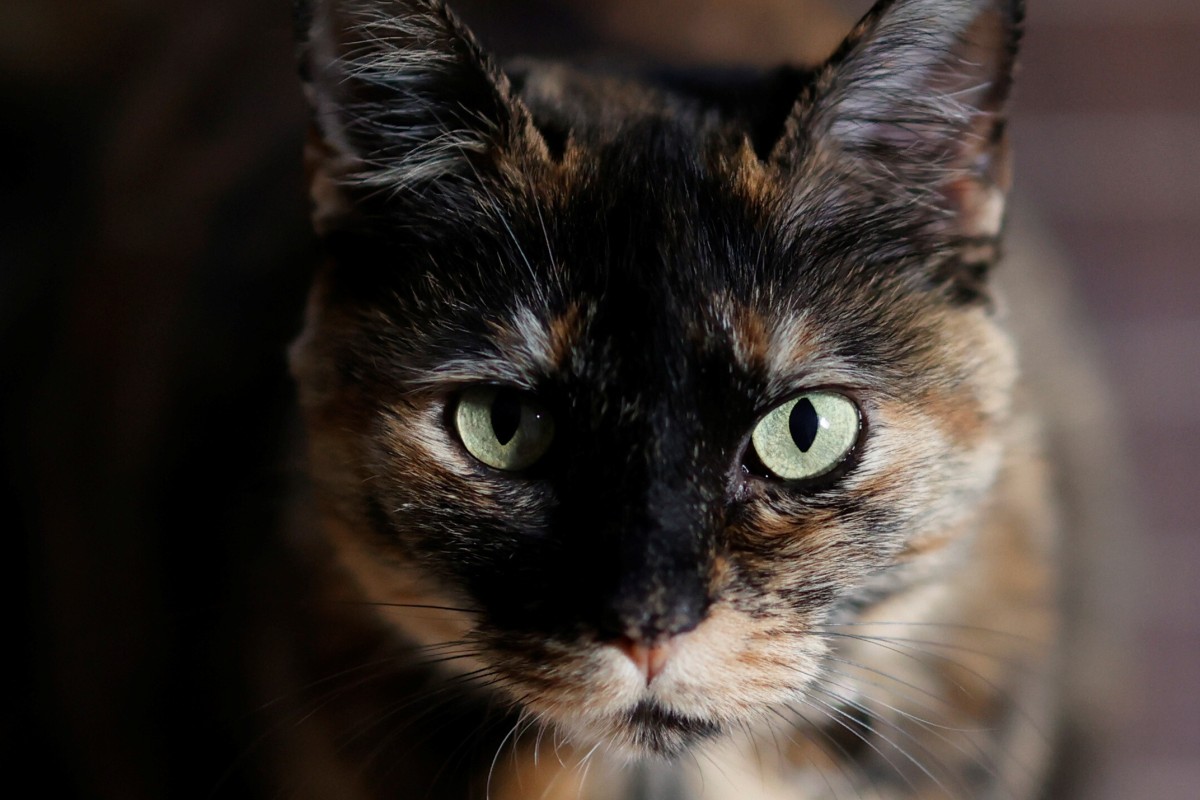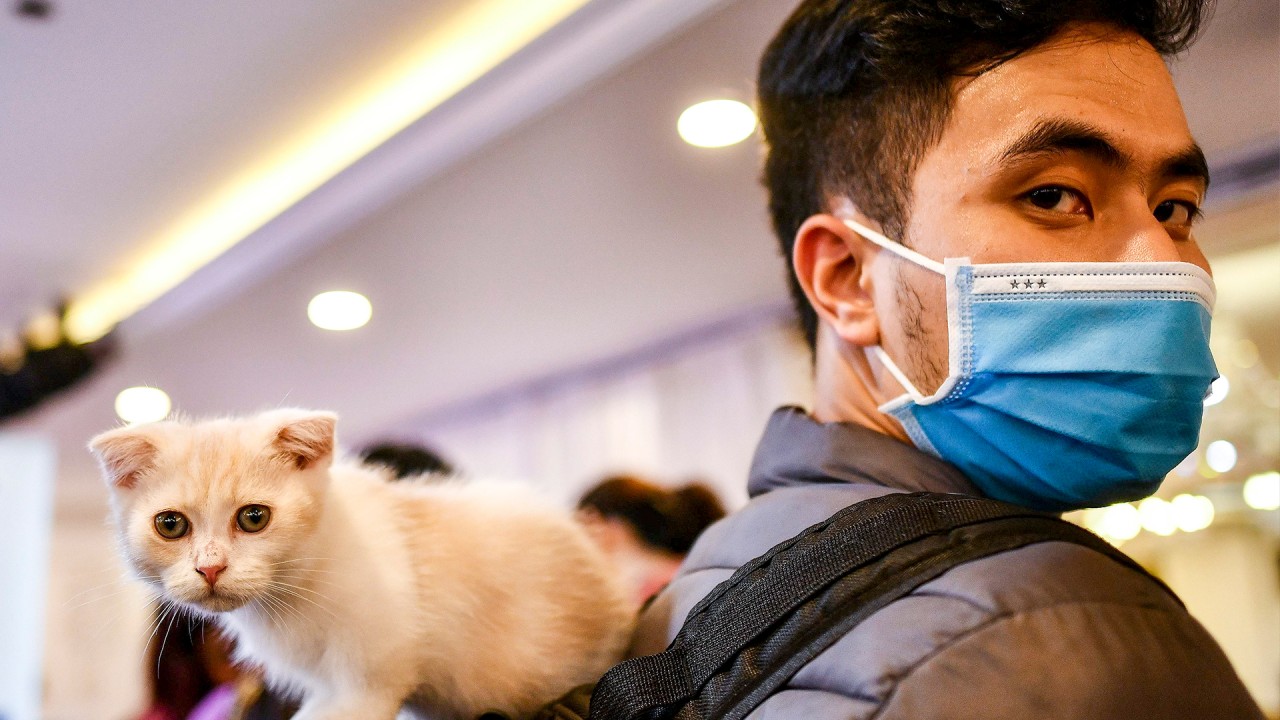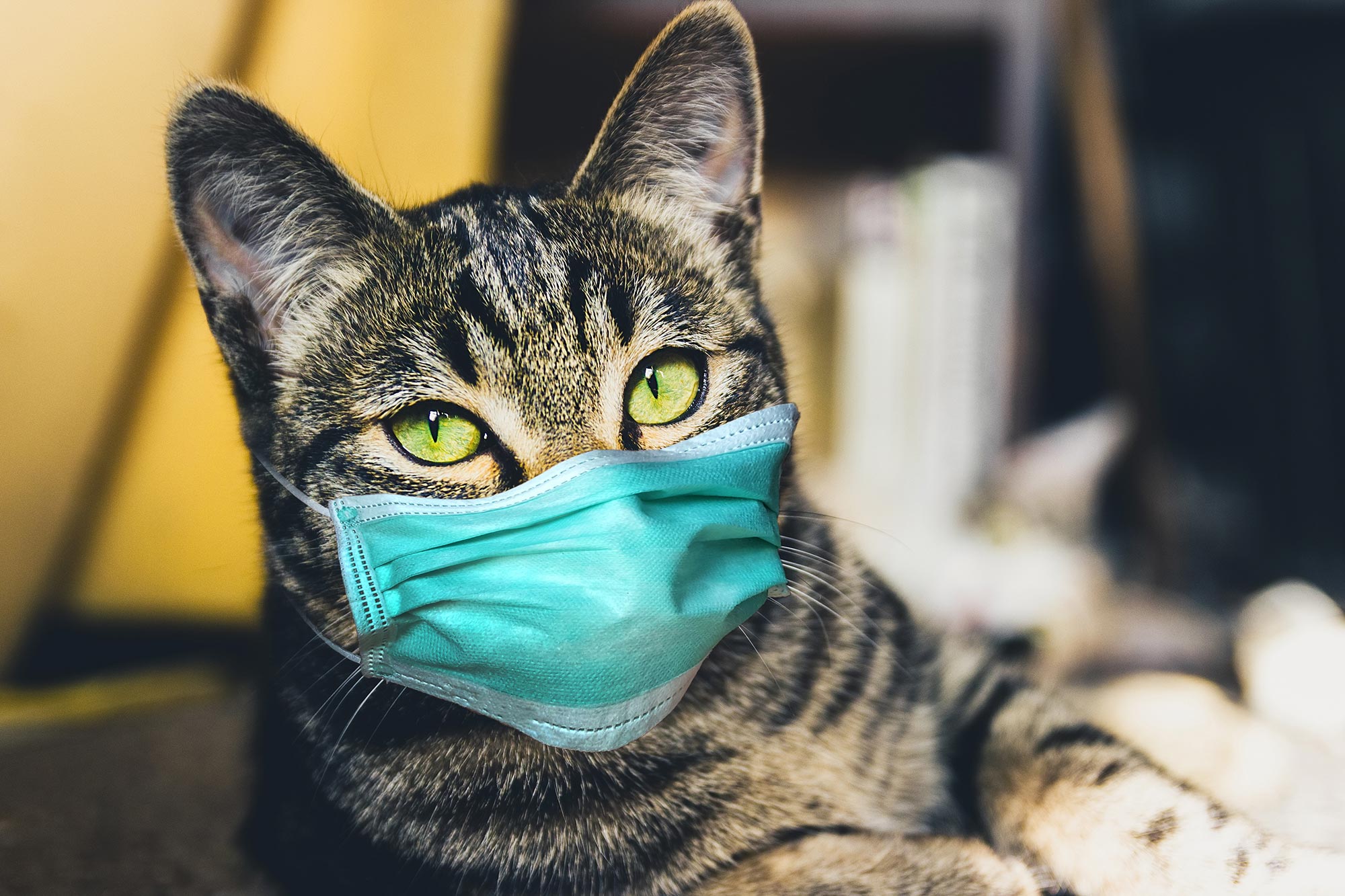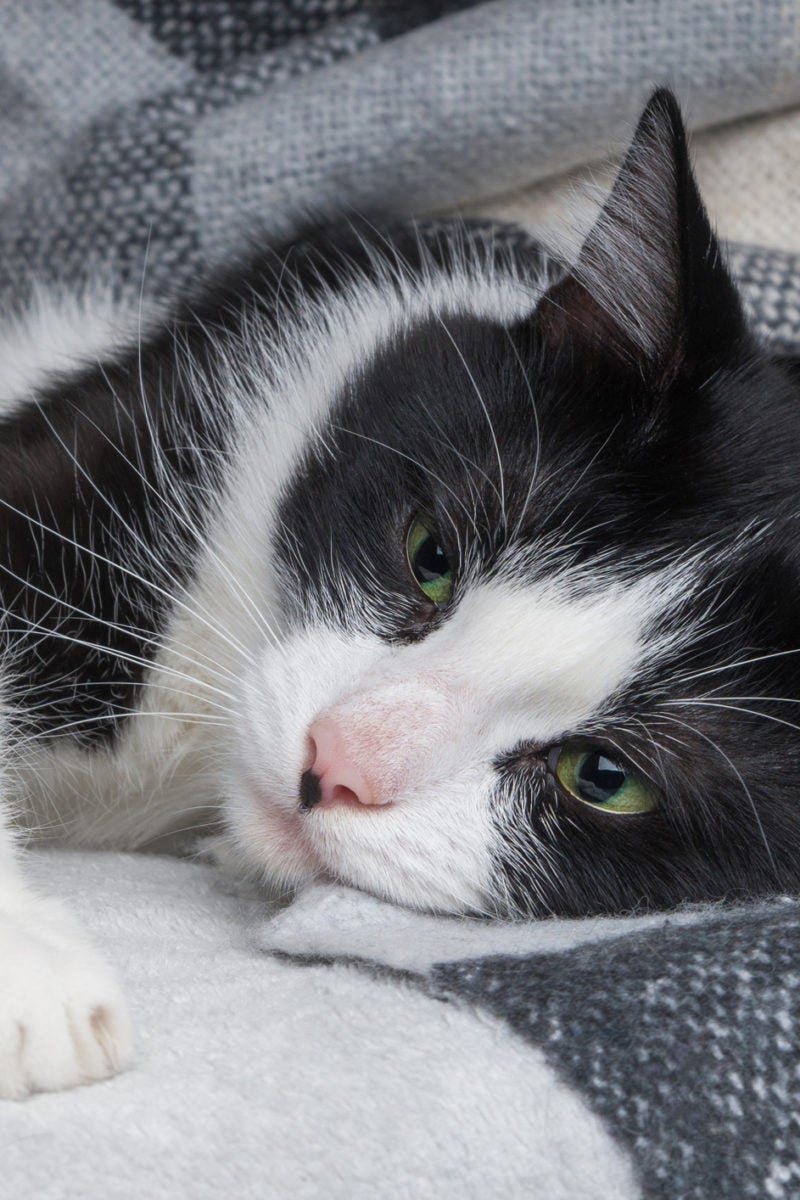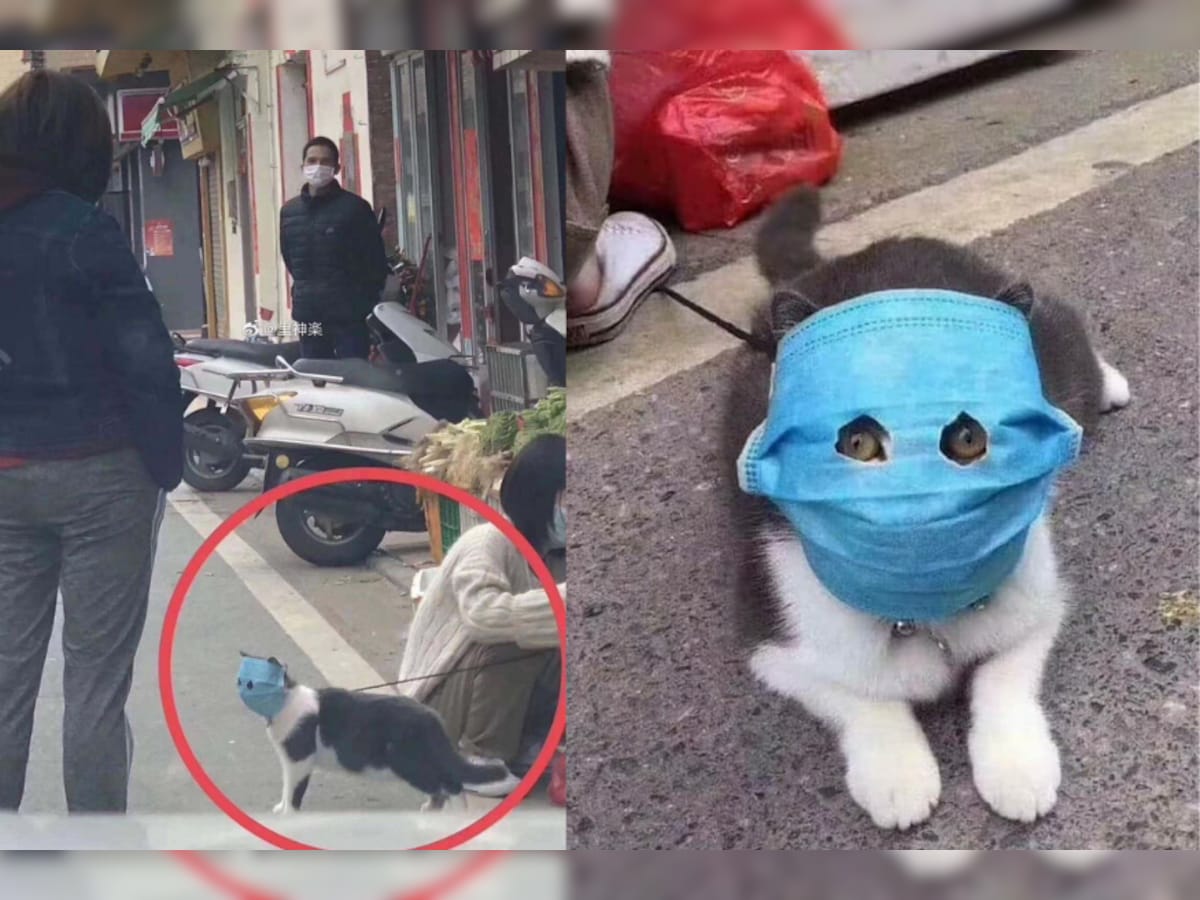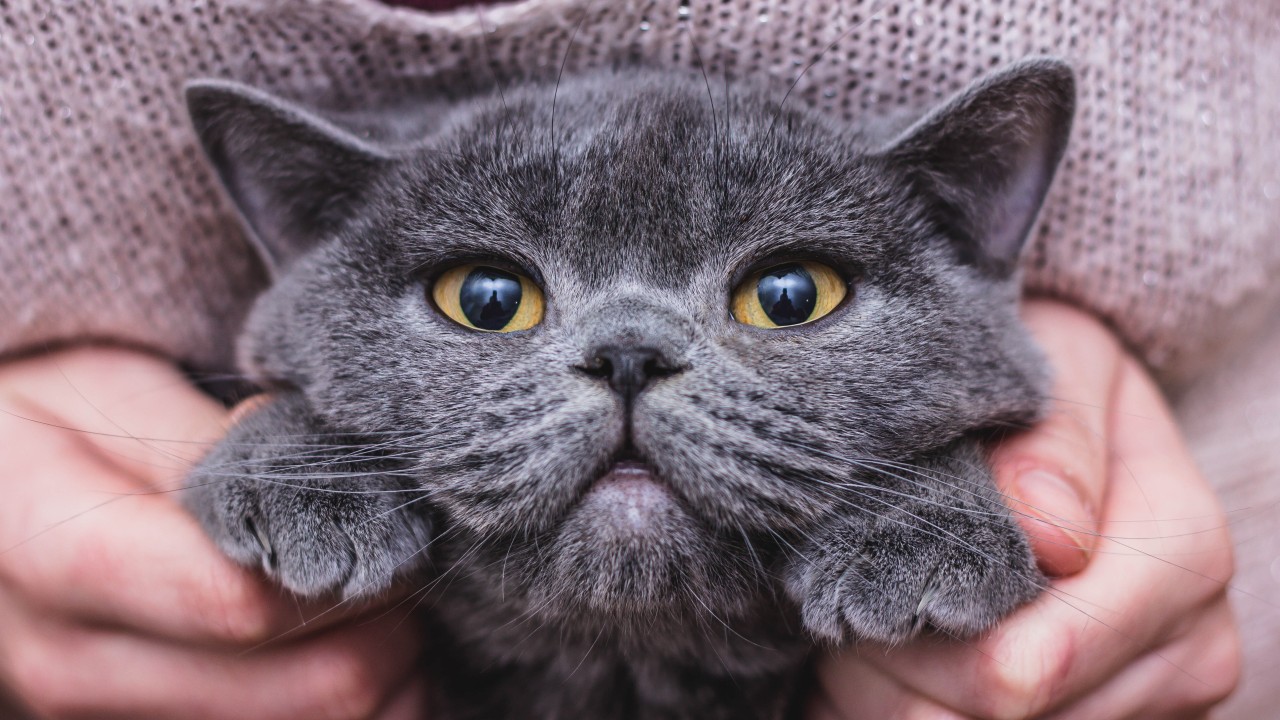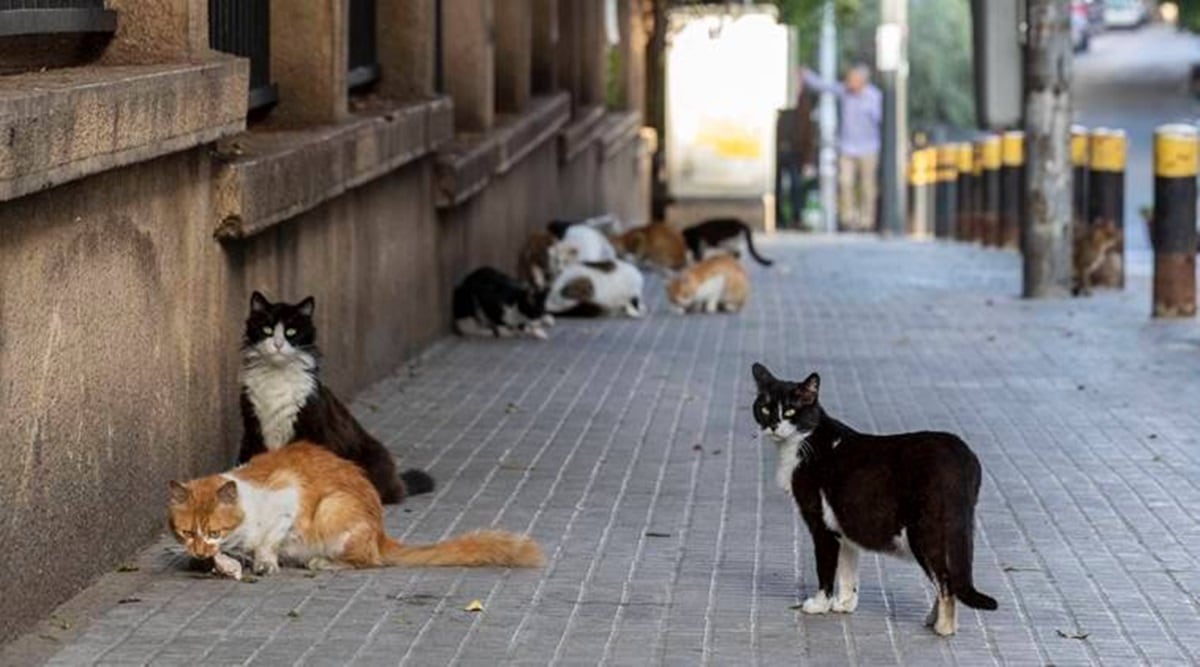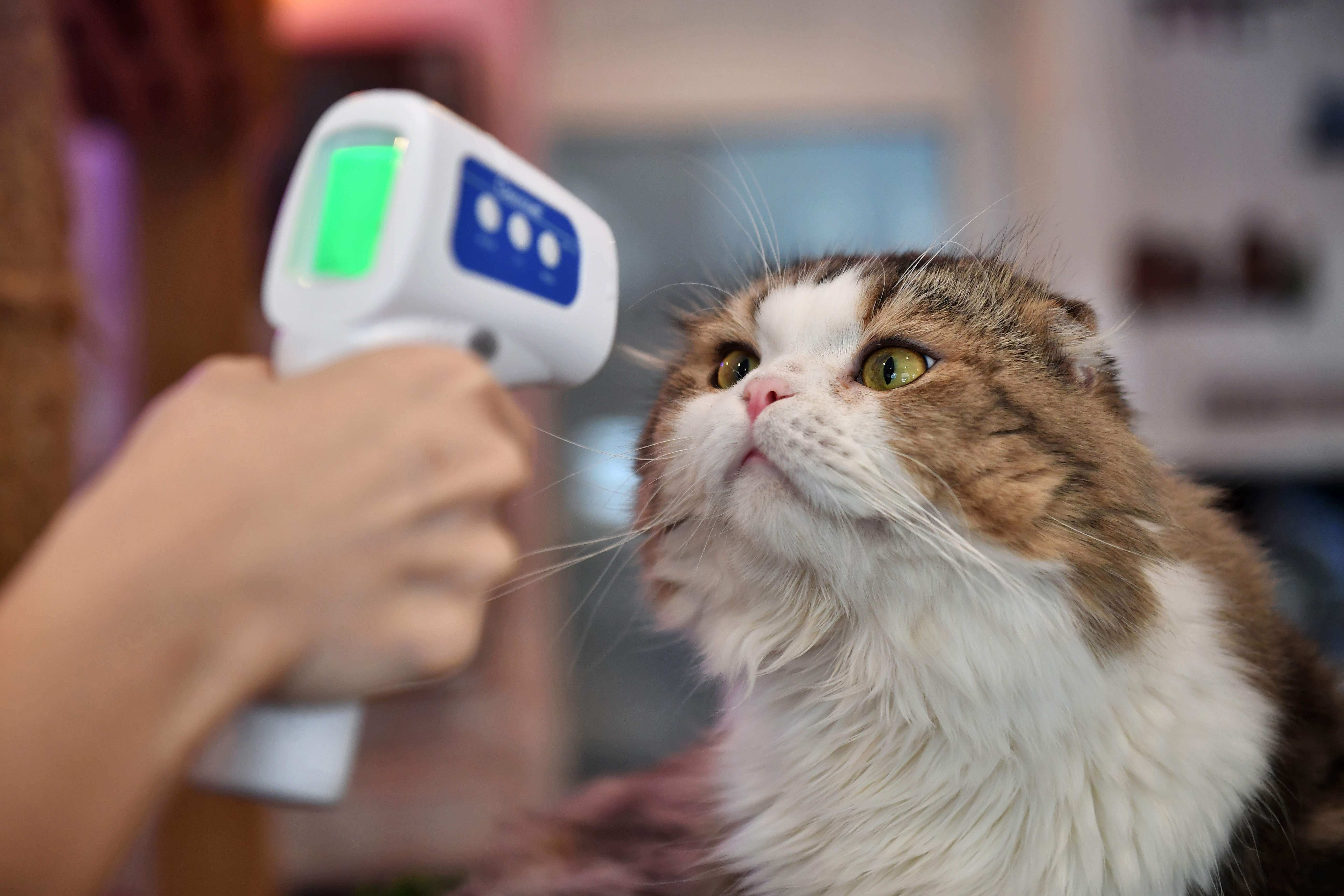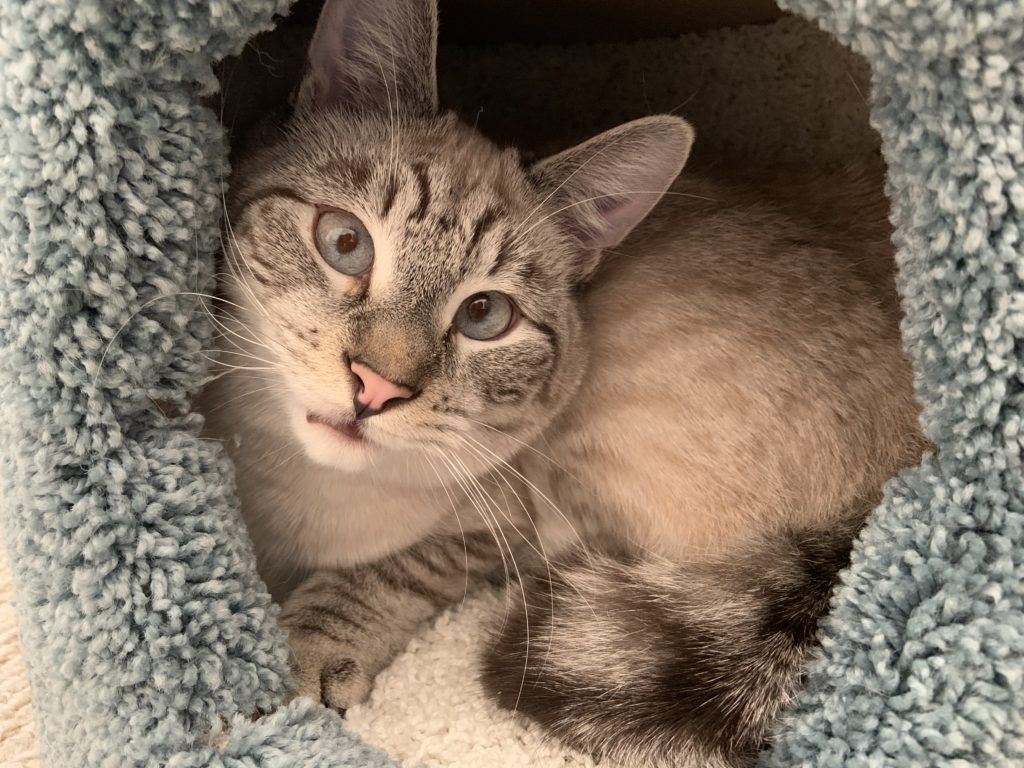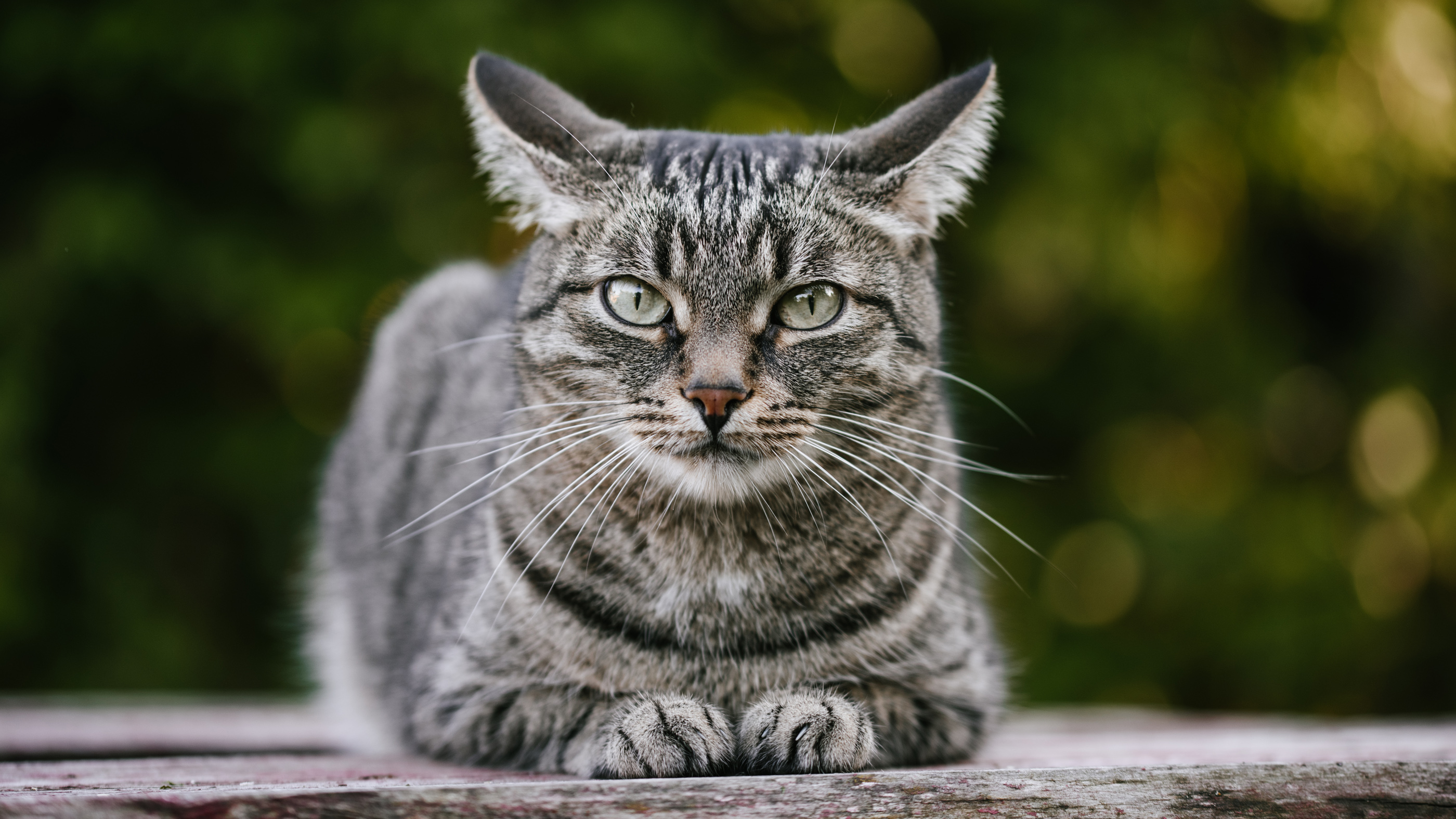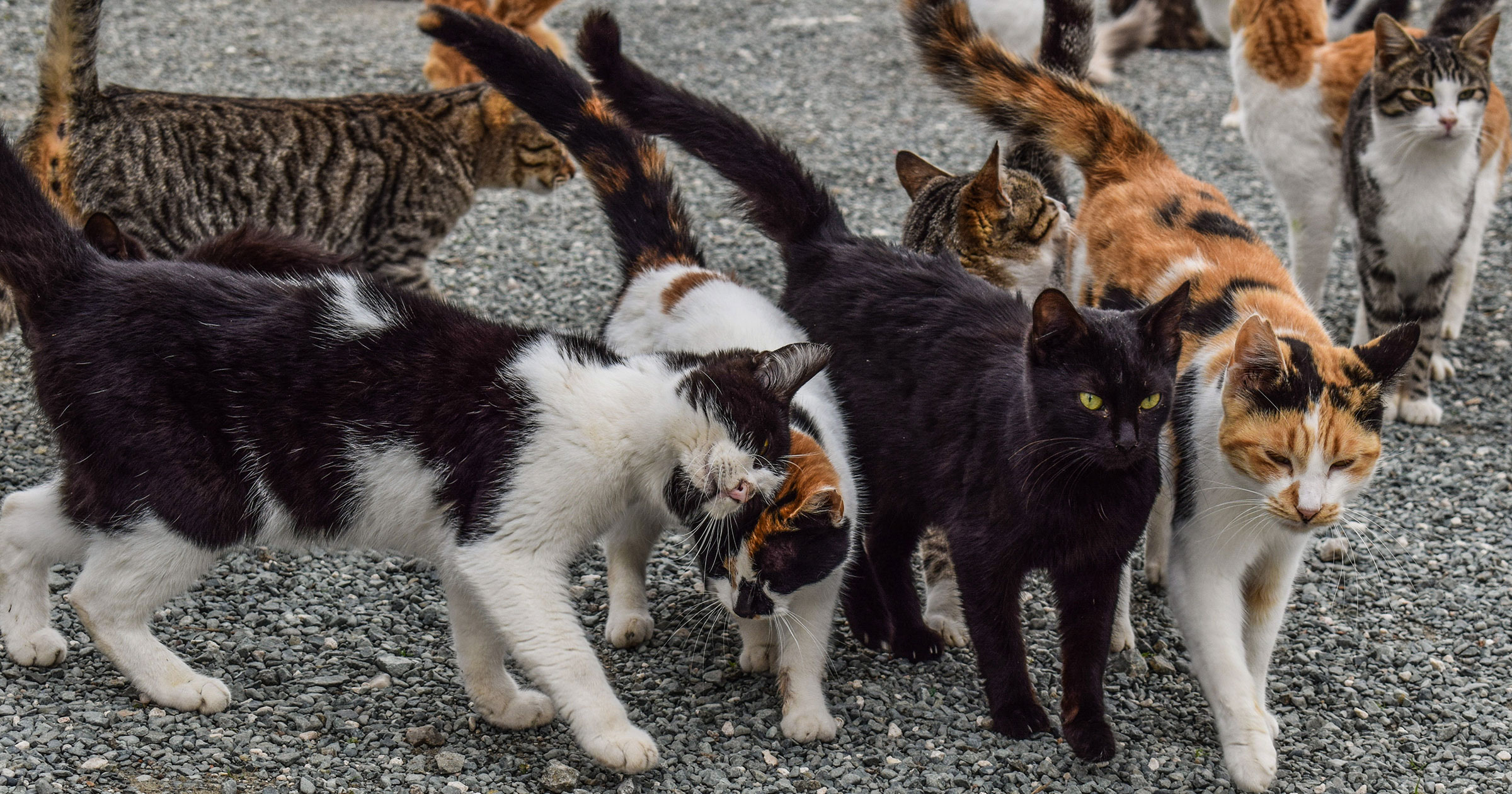Coronavirus In Cats Symptoms

Cat aficionados are most familiar with the ubiquitous feline coronavirus FCoV which is shed in the feces of infected cats and usually causes relatively benign self-limiting gastrointestinal problems in infected cats.
Coronavirus in cats symptoms. If your pet shows any signs of illness such as coughing sneezing or lethargy call or text your veterinarian to arrange treatment. Most infected cats show no symptoms. Most infected pets were found to be asymptomatic or displayed mild Covid symptoms.
The cat with coronavirus had symptoms of feline herpes Professor Weir told LBCs Tom Swarbrick. Feline Coronavirus FCoV is a common viral infection in cats. Fever- A normal temperature for your cat falls between 995-1025 Fahrenheit.
Report any symptoms to your veterinarian as soon as possible. If you or a family member has COVID-19 watch for lethargy breathing issues respiratory discharges coughing sneezing and diarrhea in your cat. A new study says that domestic cats can be asymptomatic carriers of COVID-19 virus but pigs are unlikely to be significant carriers of the virus.
It generally causes asymptomatic infection but can cause mild diarrhea. If your pet becomes ill theres reason to be hopeful. The pets that did become ill only experienced mild symptoms and could be cared for at home.
Some coronaviruses cause cold-like illnesses in people while others cause illness in certain types of animals such as cattle camels and bats. Symptoms of Covid-19 in animals. If possible keep your cat indoors if they are happy to be kept indoors.
Fortunately most of the small number of animals that have tested positive for Covid-19 have either not had symptoms or only suffered very mild symptoms such as. Infection is often subclinical or characterized by transient mild GI illness in kittens. As yet poorly understood changes in the virus can give rise to mutants that lead to the development of feline infectious peritonitis FIP.
